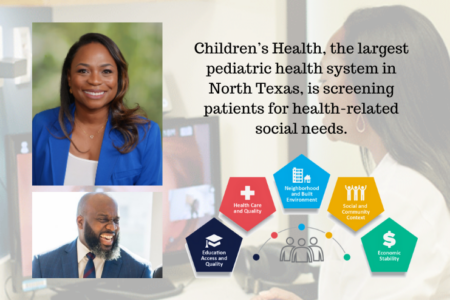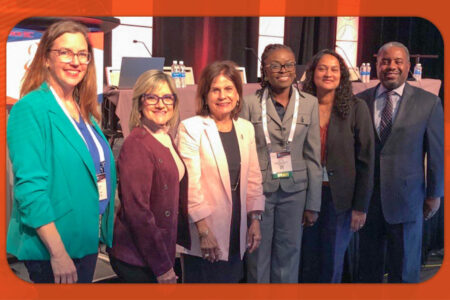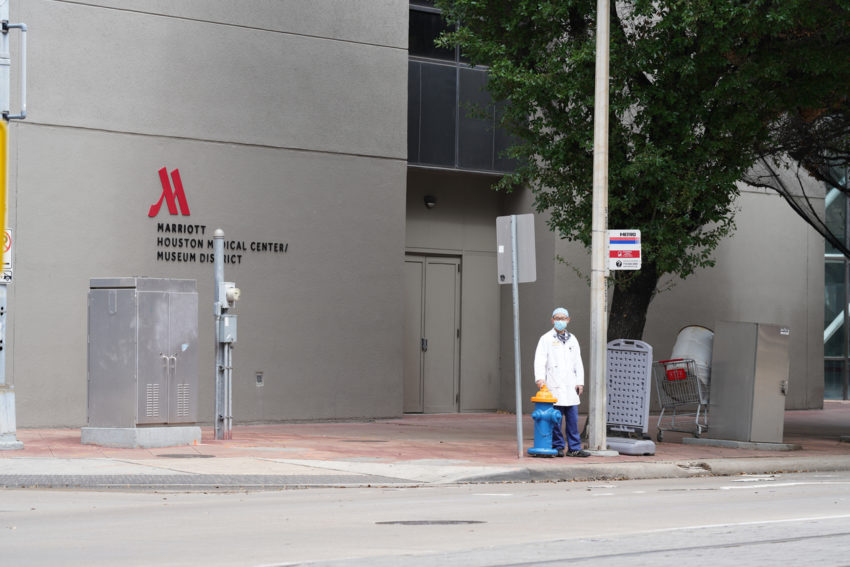
Share On Social!
As American markets reel from the COVID-19 pandemic, people of color and other groups facing systemic injustice are experiencing the harshest consequences of this financial disaster.
Update 5/7/20: More than 33.5 million people have filed for unemployment in the past four weeks since the spread of the current novel coronavirus hit the U.S.
Worse, the Latino community is and will continue to face some of the harshest economic—as well as health—burdens from this disease.
“We know that when the economy goes into decline, people of color always bear the brunt,” Teresa Candori, communications director for the National Urban League, told USA Today. “We will be fighting to make sure the most vulnerable communities are not an afterthought.”
Latinos and Coronavirus Job Loss by the Numbers
As families lockdown at home, countless restaurants, small businesses, large corporations, and other organizations are struggling amid COVID-19.
Non-essential workers face widespread layoffs and furloughs. Essential workers face disease exposure for a paycheck.
Latinos are experiencing these effects at higher rates than Americans overall, according to a recent Pew Research Center survey.
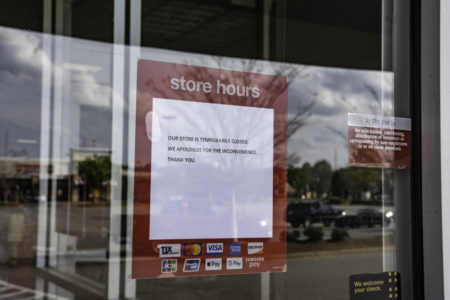 “Around half (49%) of Hispanics say they or someone in their household has taken a pay cut or lost a job—or both—because of the COVID-19 outbreak, compared with 33% of all U.S. adults,” Pew researchers write. “Among both Hispanics and the wider public, more people say someone has experienced a pay cut or a reduction in work hours than say someone was laid off or lost a job (40% vs. 29% among Hispanics, 27% vs. 20% among all Americans).”
“Around half (49%) of Hispanics say they or someone in their household has taken a pay cut or lost a job—or both—because of the COVID-19 outbreak, compared with 33% of all U.S. adults,” Pew researchers write. “Among both Hispanics and the wider public, more people say someone has experienced a pay cut or a reduction in work hours than say someone was laid off or lost a job (40% vs. 29% among Hispanics, 27% vs. 20% among all Americans).”
That same survey also found that another 8 million Latinos work in industries—such as food, hotel, and other service jobs—that are at high-risk for further downsizings.
As this outbreak continues, so will the economic ramifications. Some experts project that the markets could dip as low as they have in the Great Recession of the early 2000s or even the Great Depression of the 1930s.
Civic leaders are calling on their colleagues, as well as the business community, to address structural inequality during this pandemic.
“Decades of structural racism have prevented so many black and brown families from accessing quality health care, affordable housing, and financial security, and the coronavirus crisis is blowing these disparities wide open,” Massachusetts Senator and former presidential candidate Elizabeth Warren said in a recent press release.
Coronavirus-Related Economic Burdens and Latinos
Some are projecting jobless rates to reach 12 to 15%.
“That would be the highest on record since World War II,” NPR reports. “The previous peak was in 1982 when it reached 10.8%. Unemployment during the Great Depression approached 25%.”
Congress’ recent stimulus package, which provided many Americans with the monetary support of $1200 in most cases, aims to help with the fallout many U.S. workers are experiencing.
Still, many say that check is not enough.
“For the short-term, that’s the Band-Aid on the wound,” Opal Foster, a 45-year-old graphic designer from Rockville, Maryland told USA Today. “But that doesn’t pay my car note. That doesn’t pay my rent.”
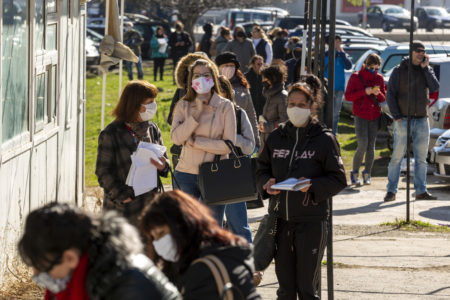 That narrative is the new normal for those experiencing systemic injustice, according to Connor Maxwell, a senior policy analyst, and Danyelle Solomon, the vice president of Race and Ethnicity Policy at the liberal think-tank, the Center for American Progress.
That narrative is the new normal for those experiencing systemic injustice, according to Connor Maxwell, a senior policy analyst, and Danyelle Solomon, the vice president of Race and Ethnicity Policy at the liberal think-tank, the Center for American Progress.
“Nowhere are the effects of this current emergency more acute than in communities of color, which have long endured occupational segregation, economic exploitation, and employment discrimination,” Maxwell and Solomon write. “These factors put people of color at greater risk of unemployment and limit their ability to weather economic downturns.
“The coronavirus does not discriminate based on race, but without immediate action, its economic fallout will disproportionately affect communities of color.”
This is leaving too many facing tough choices.
“The majority of our clients are working-class families and immigrants,” Mayra Cedano, executive director of the nonprofit Comunidades Unidas, told Deseret News. “A lot of them are still out in the workforce because many of them are having to face a really hard decision whether to stay at home or provide for their families.”
Explore More:
Understanding & Reducing PovertyBy The Numbers
23.7
percent
of Latino children are living in poverty


